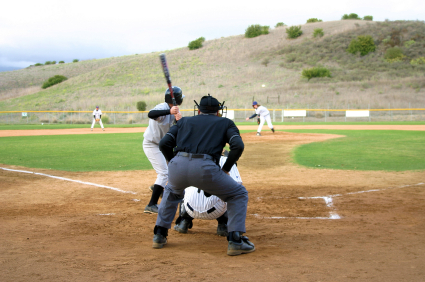 We take great strides to prevent danger. We lock our doors, look both ways, and remain aware of our surroundings. Wet think that we will recognize that which threatens our safety and that we can act against it. However, those who make a career out of protection know that it’s the harm that you don’t anticipate that is the most concerning. It’s the threat that you do not see that is often your undoing.
We take great strides to prevent danger. We lock our doors, look both ways, and remain aware of our surroundings. Wet think that we will recognize that which threatens our safety and that we can act against it. However, those who make a career out of protection know that it’s the harm that you don’t anticipate that is the most concerning. It’s the threat that you do not see that is often your undoing.
In Christian circles, we too are on the lookout out for that which might do damage to our faith. However, as Jim Elliot reminds us, perhaps it’s the threat that we aren’t even aware of that we need to be most watchful of. As Elliot states:
We are so utterly ordinary, so commonplace, while we profess to know a Power the Twentieth Century does not reckon with. But we are “harmless,” and therefore unharmed. We are spiritual pacifists, non-militants, conscientious objectors in this battle-to-the-death with principalities and powers in high places. Meekness must be had for contact with men, but brass, outspoken boldness is required to take part in the comradeship of the Cross. We are “sideliners”—coaching and criticizing the real wrestlers while content to sit by and leave the enemies of God unchallenged. The world cannot hate us, we are too much like its own. Oh that God would make us dangerous! (qtd. by Elisabeth Elliot in Shadow of the Almighty: The Life and Testimony of Jim Elliot.)
In other words, it’s the temptation to be safe that is often the greatest threat. We want to remain neutral – to not cause offense, while forgetting that our salvation rests on the scandal of grace. The Good News is promised to be “a stumbling block to Jews and folly to Gentiles” (1 Corinthians 1:23), yet we try to make our message palatable and end up making it phony. We want to be a part of the crowd, rather than set apart from it.
Yet, this is not what God has called us to. As Elliot rightly reminds us, when we are harmless – when we preach a God that does not call for a radical eradication of our former self in place of a radical commitment to the one true Christ – we are also impotent. We don’t have an impact because we aren’t even participating in the fight.
My dad used to always say that if Satan wasn’t attacking you it meant one of two things. You better “check your six” because he was coming after you, or, he had decided that you weren’t worth the effort. If you weren’t worth the effort, then you weren’t doing much for Christ’s kingdom – which mean you weren’t a very “dangerous” Christian.
As Elliot exclaims “Oh that God would make us dangerous!”
Now it’s your turn…How are you “dangerous” for Christ?
